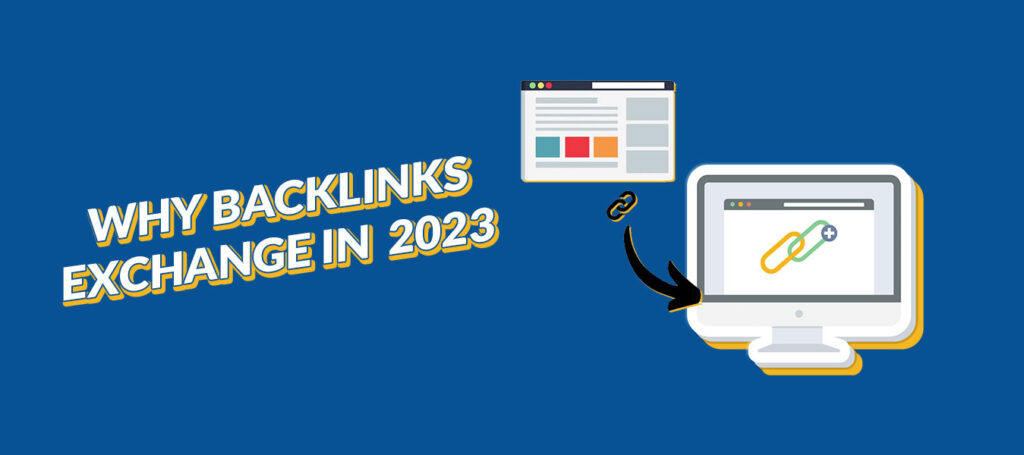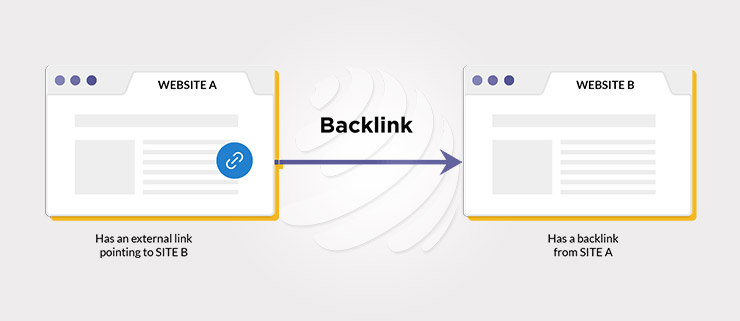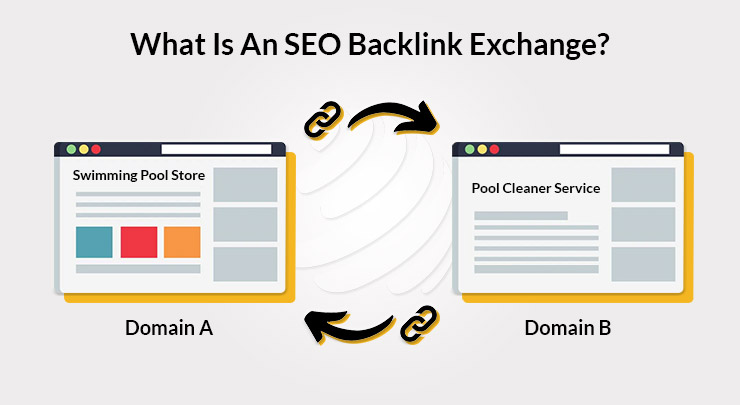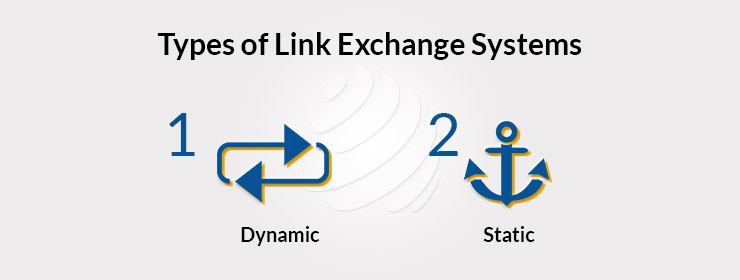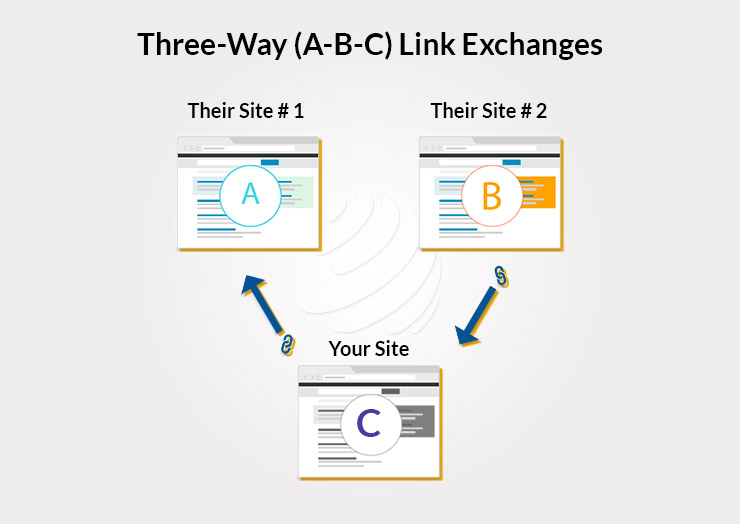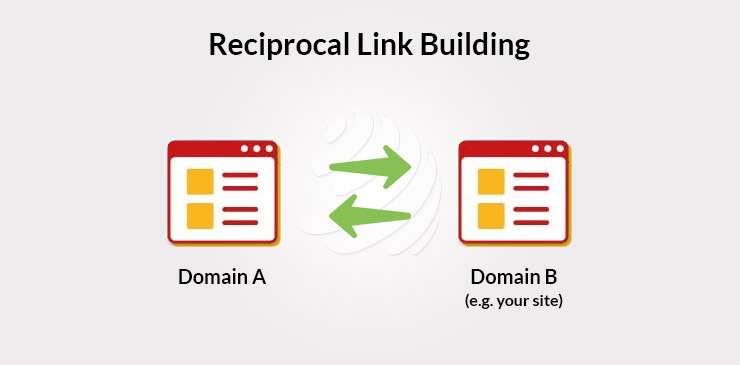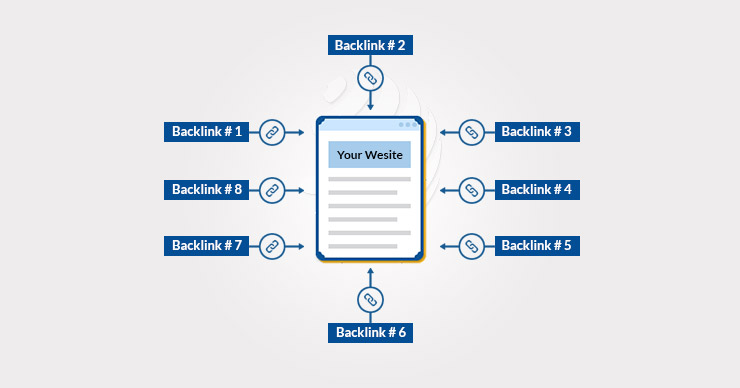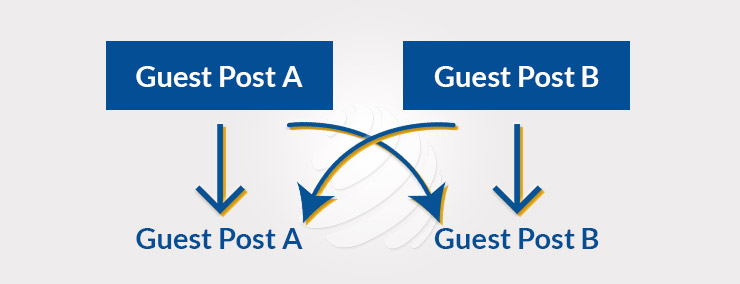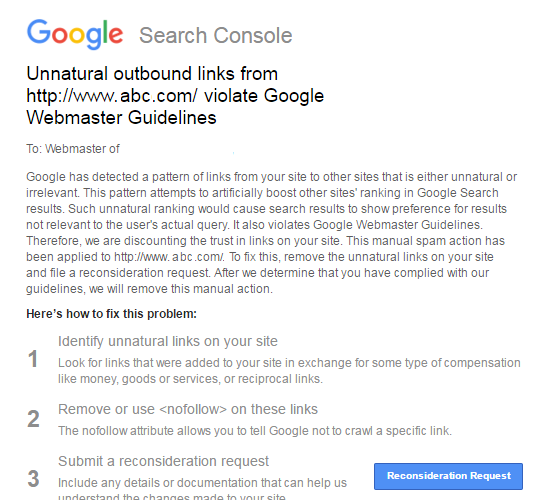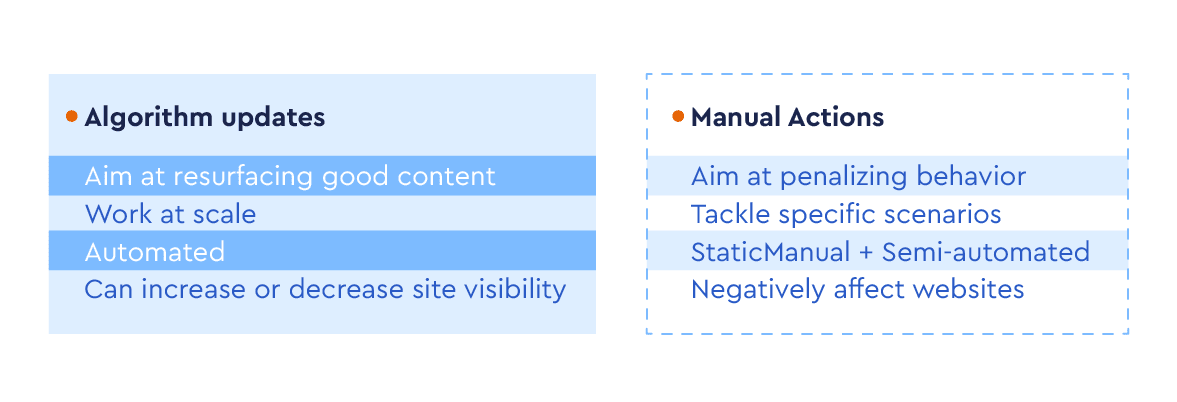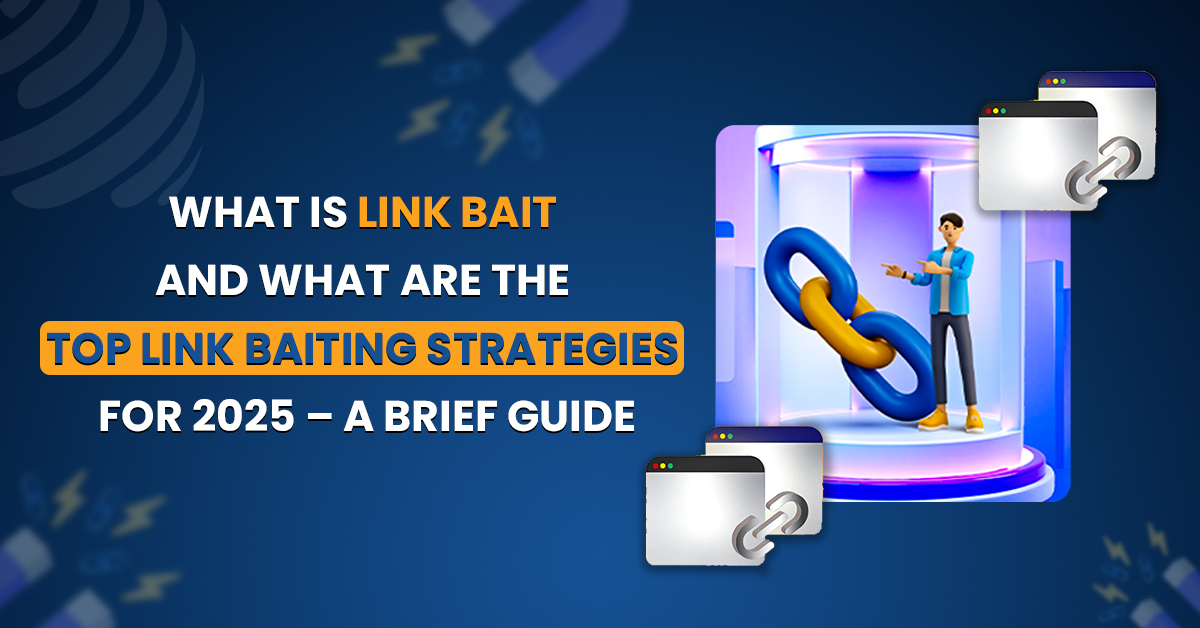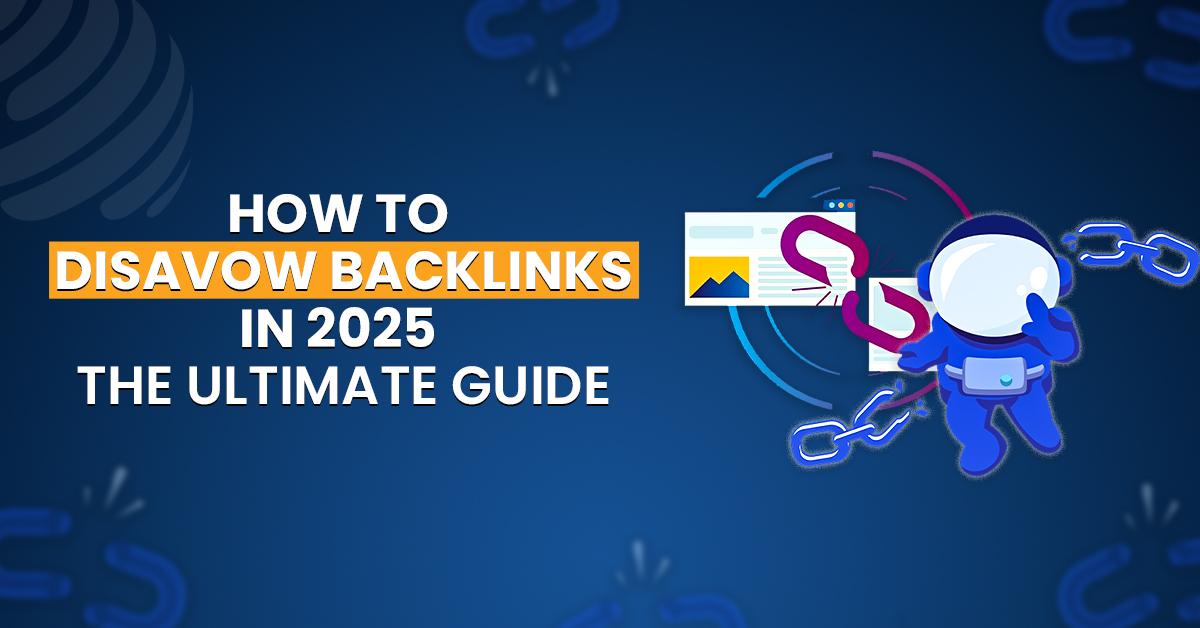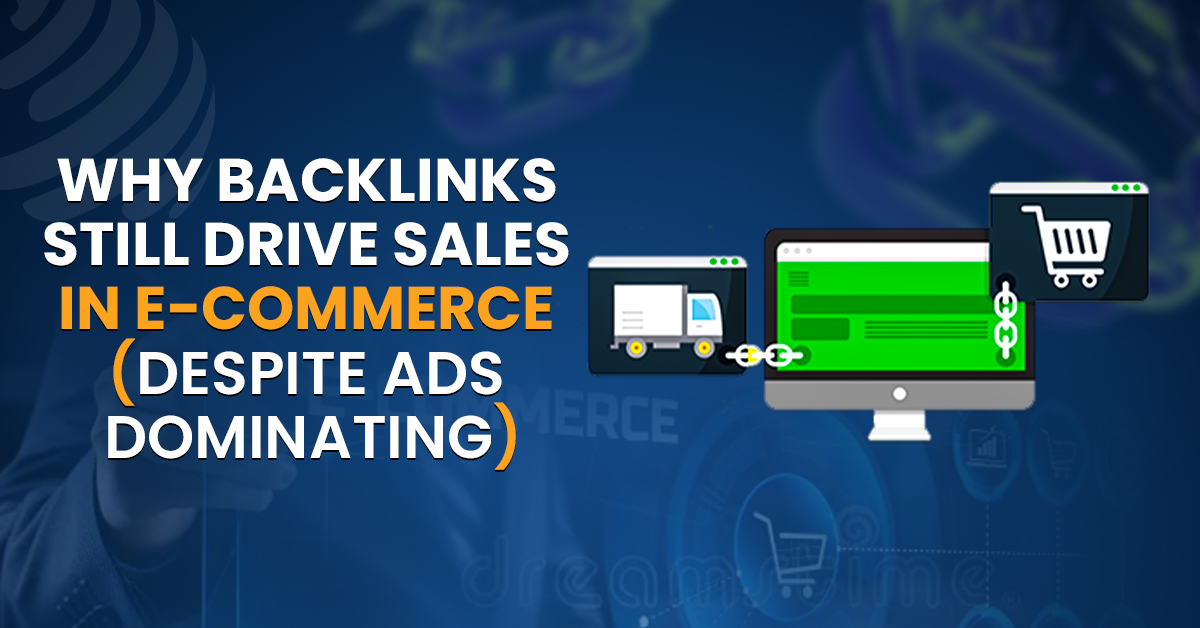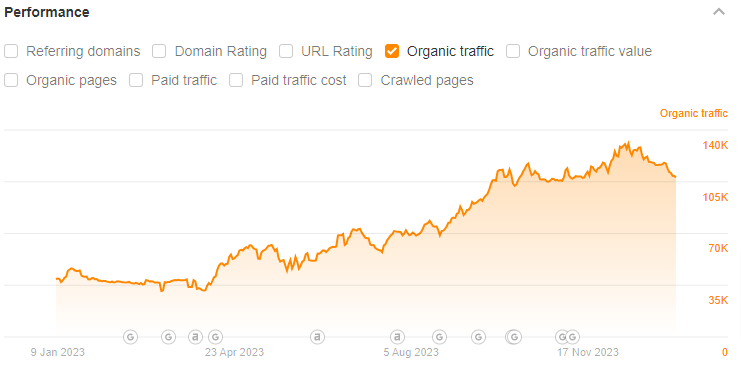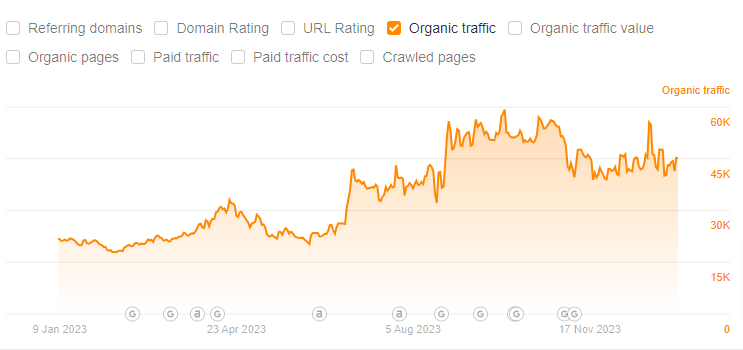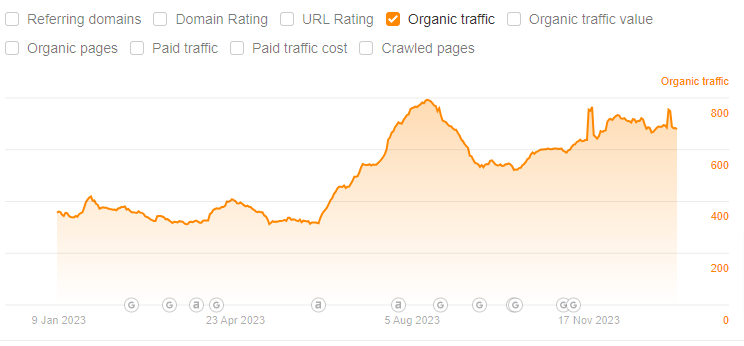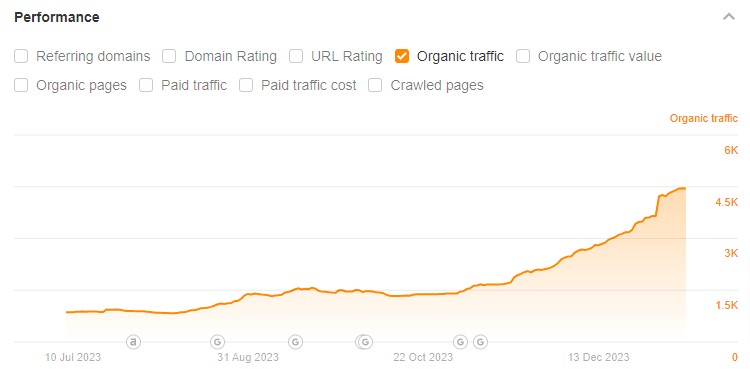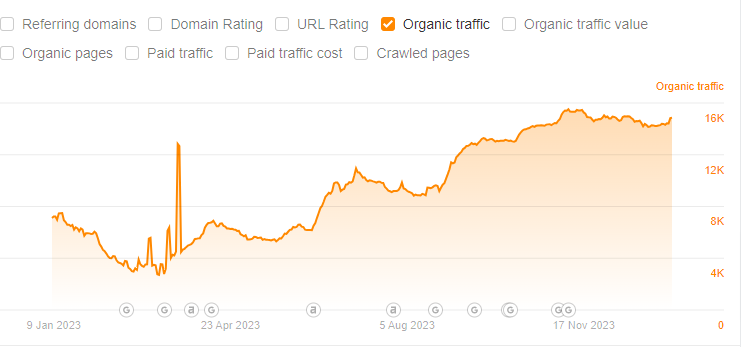In the constantly-evolving landscape of digital and content marketing, Search Engine Optimization (SEO) plays a pivotal role in determining the success and visibility of websites. As SEO marketers strive to improve their website’s rankings on search engine results, one strategy that has garnered significant attention is “backlinks exchange.”
This practice involves the mutual linking of websites to gain an edge in the highly competitive online world. However, beneath the allure of quick gains lies a perilous path that could lead to severe consequences for a website’s organic growth and reputation.
We have delved into the world of backlinks exchange in our article to explore why SEO marketers need to exercise extreme caution or even avoid this practice altogether.
While backlinks undoubtedly hold immense value in SEO, the method of exchanging them warrants a closer examination, as it poses risks that could undermine the credibility and authority of websites in the eyes of search engines and users alike.
Join us as we uncover the reasons behind the cautionary stance against backlinks exchange and explore ethical alternatives that pave the way for sustainable and long-term SEO success.
What Is An SEO Backlink Exchange?
When using a backlinks exchange platform, you can easily get access to hundreds and thousands of websites (sometimes of extremely low quality) that offer paid access to hundreds of thousands of backlinks pointing to a specific domain. You can get the exchange HTML code, which shows banner adverts from other websites that are participants in this link exchange collaboration, by signing up.
Using backlink exchange sites at this time is extremely dangerous because Google could penalize the linked site.
What Are the Types of Link Exchange Systems?
There are two basic types of backlink exchange systems.
Let us explain them to you:
- Dynamic link exchange: In these systems, links are dispersed at random, and after a few days, the pages connected to the system exchange the links.
- Static link exchange: In these systems, links are allocated permanently to a certain web page until they are withdrawn, for example, when you stop paying for the service.
Types of Backlink Exchange
When it comes to creating a backlinks exchange strategy, there is no one-size-fits-all approach.
Different backlinks exchange strategies suit different goals and circumstances.
Understanding its many forms can aid website owners in making educated judgments and selecting the best strategy to increase SEO value. Let’s take a look at types of backlinks exchange:
-
Three-Way (A-B-C) Link Exchanges
Three separate websites engaging in a three-way link exchange is commonly referred to as a triangle link scheme, which is a form of search engine optimization (SEO) technique.
So, how does it work?
Web page A links to Web page B, Web page B links to Web page C, and Web page C links to Web page A. As no two sites are directly exchanging backlinks with one another, the goal of this tactic is to make the links appear more natural and less reciprocal to search engine algorithms.
Creating a diversified link profile and boosting the authority of participating websites are the goals of this kind of exchange.
-
Reciprocal Links Exchanges
An agreement between the owners of two websites to give a link to one another’s websites is known as a reciprocal link exchange. This tactic was historically employed in search engine optimization to increase the inbound links to a website because it was thought that having more links would boost a site’s rating.
Website A would connect to Website B in a conventional reciprocal links exchange, and Website B would link back to Website A. Because of this, the arrangement is frequently referred to as a symbiotic relationship.
The quality, relevancy, and naturalness of backlinks are now more important than ever because of the evolution of search engines like Google.
Reciprocal links that are excessive or manipulative may be considered link schemes and subject to sanctions. Therefore, as opposed to depending on reciprocal link building activities, it is advised to concentrate on acquiring high-quality, natural links.
-
Private Influencer Networks
An influencer network that has mutually agreed to connect to each other’s web pages or content in order to improve the search engine optimization of each member website is known as a Private Influencer Network (PIN). Each network influencer distributes or trades links with the others, forming a web of linked websites.
The idea behind a private influencer network is similar to that of a traditional link exchange, but it differs in that it is made up of influencers who have established websites with distinctive followings and reputations, which may attract more high-quality traffic.
It’s vital to remember that, like any link-building strategy, if used excessively or deceptively, it could be penalized by search engines like Google. Google may impose penalties if it deems that the network’s principal goal is to artificially inflate link popularity and influence search rankings.
The greatest strategy is to build connections organically by producing excellent, worthwhile content that reputable websites want to link to gladly. There are distinct benefits and things to keep in mind for every kind of link exchange. All link exchange requests should be handled professionally, making sure that the links exchanged are pertinent, excellent, and advantageous to both parties.
-
Guest Post Swaps
Link exchanges between guest posts are a fairly popular link building tactic today. In this type of strategy, two website owners agree to produce content for the other’s website, usually with a backlink to the author bio or content of their own website.
A number of factors make this kind of backlinks exchange advantageous:
- It helps with content creation. Each website gets a brand-new, distinctive guest article that adds value for its viewers.
- Gets a lot of backlinks. Each website receives a backlink, which might help it rank higher in search results.
- Provides more exposure than other strategies. Each website may be able to draw visits from the other, enhancing visibility and bringing in more users.
However, it’s important to tread with caution when engaging in guest post swaps. According to Google’s recommendations, extensive article marketing or guest blogging campaigns with keyword-rich anchor text links are not recommended.
Always concentrate on producing high-quality, pertinent material that benefits the audience, and make sure any inbound connections are appropriate and natural. Avoid adding too many or low-quality links, and refrain from taking part in link exchanges for guest posts that are only done for link building.
Why Is SEO Backlink Exchange Never a Good Idea?
Here are some reasons why you need to stay away from a SEO backlink exchange:
-
Increases SEO For Direct Competition
Your chances of getting a link back from a website that uses the same target keywords and search phrases as your website are slim. As a result, you are not improving your own Search Engine Optimization but rather that of your competitors.
Backlinks exchange or reciprocal links should take place between websites with related content and themes rather than between sites that are in direct competition.
-
Reduces Site Authority & Rankings in SERPs
Your page’s site authority or Search Engine Result Page results may suffer if you link to external websites that are unrelated to the content on it. Make sure that the information is relevant, and look up the site’s domain authority before linking.
Although in some cases, linking to low-authority websites is sometimes acceptable, doing so will not increase the authority of your own website.
-
Loss Of Trust
You should never jeopardize search engines’ confidence. But there are two ways that reciprocal links can lead to this:
Your website contains an absurdly large number of one-to-one links. Or the anchor text for your links is frequently dubious or unrelated to your content.
-
Site Penalization
Simply said, Google’s Webmaster Guidelines forbid backlinks exchange or reciprocal links. Your website is at significant risk of being punished by Google if it is misusing backlinks or if you are attempting to manipulate search results by exchanging links.
What Is a Link Exchange Google Penalty?
Links that are spammy, low-quality, irrelevant, unnatural, recurring, or otherwise bad are what cause link exchange google penalty. These links are viewed by Google as violations of its webmaster quality rules and as attempts to use deceptive link schemes to manipulate the ranks of your website.
This is awful.
Organic content and traffic is the king at Google. Any artificiality in your link profile will be viewed negatively.
They’ll look into it.
If Google does not like what it sees, it will either penalize you or outright remove you from the Google index, which will prevent anyone from ever finding your page on Google.
Therefore, even though you would prefer a penalty in this case, the result is still not ideal.
If your site receives a penalty, Google will decrease it in the ranks, which will significantly reduce your visibility and organic traffic—everything you were attempting to avoid with your SEO efforts.
What Is the Difference Between Manual Link Penalties and Algorithmic Link Penalties?
A manual punishment or an algorithmic penalty will be applied to you if you receive a link penalty.
A Google web spam team member imposes manual fines. Your link profile is manually reviewed by a real person, who then assesses your penalty. These kinds of sanctions may be brought on by a variety of factors, such as spam complaints from rivals, operating in a crowded market that Google closely watches, or perhaps just poor luck.
On the other hand, Google’s Penguin algorithm automatically imposes algorithmic penalties without requiring any human involvement or approval. These are more frequent simply because Penguin constantly scans link profiles and eliminates the ones it doesn’t trust because it operates in real-time (and far faster than humans).
However, both kinds of penalties are ultimately detrimental to your website. Both of them should be carefully avoided by you. That entails employing effective, natural link building strategies to get only high-quality, pertinent links.
Is Backlinks Exchange Strategy Safe for SEO?
In Google’s link scheme response page, you’ll learn that:
Any link that aims to influence PageRank or a website’s position on search engine results pages (SERPs) may be penalized by Google. So, any such plan will be regarded as a violation of the webmaster’s instructions. This applies to all inbound and outbound links to your website.
Sounds quite direct, doesn’t it?
But look at that again—do you see how the word “may” is used?
That is to say; there is room to take advantage of. Not to sound like Harvey from Suits, but if they used “will,” that’s a different story.
Additionally, they outline examples of link schemes that will cause penalties for your website in the same guidelines provided by Google Webmaster.
Source: Google Search Central
Therefore, although Google appears to be aware of the propensity for websites to link to one another, the word “Excessive” in this sentence creates the impression that they are discouraging excessive linking.
However, it appears that this has left the floodgates open. Now, there are a ton of website owners and SEO specialists who wish to make money by exchanging links. You could swap links, but it’s important to understand when doing so is safe and when it isn’t.
You must understand the circumstances in which Google may interpret your links as part of a plan to circumvent webmaster guidelines.
When Is It the Perfect Time to Do a Link Exchange Collaboration?
The most effective (and safest) way to do a backlinks exchange is via a natural reciprocal technique. We do not suggest that you look for people that want to exchange links on a regular basis. Even if you only had one link with them, you can end up being ensnared in a web.
Therefore, it’s best to stay away from this entirely.
So, what can you do?
We suggest you be kind to other blogs and websites. Don’t skimp on the links. A blog or website should not have its content copied without at least providing a link back to it. Your audience will recognize actual relevance if it exists. Simply insert that URL into your blog post.
You’ll be surprised to learn that the majority of websites you link to in your content will do the same. Due to the fact that those links will be more reciprocal than systematic, Google won’t punish you.
Do yourself a favor and attempt cross-linking if you intend to do backlinks exchange regularly. Direct link exchanges make it simple to break webmaster guidelines. As a result, you will get penalized by Google.
Best Alternative to Use Instead of Backlink Exchange Sites
One of the best alternatives to use instead of turning to backlink exchange network or backlink exchange forums is Slack and Facebook Groups.
Private Facebook and Slack groups, where options for link exchange exist, are becoming more and more popular. One of the best examples of Facebook groups for backlinks exchange is ‘B2B Bloggers Boost.’
The basic idea is that if you link to other group members, they will link back to you. It’s a self-policing system, and anyone from outside who demands links while providing nothing in return is expelled. Because it encourages the sharing of only high-quality content and discourages bad quality, people enjoy this sort of backlink exchange network.
These groups can work in your favor if you consistently produce amazing content, whether it be for your own website or through guest articles.
Pro Tips for Doing Backlinks Exchange
- Do not use it as your sole backlinking approach. We understand how challenging link building may be, but if you use backlinks exchange as your main method for outreach, things will go extremely wrong for you.
- Make an effort to trade links with reliable individuals you already know. To prevent any backlash, you can track both your links and theirs, thanks to this. Make sure to keep an eye on your competitors’ link counts as well to avoid having too many of your own. It’s best to be quiet.
- Keep tabs on the total number of external links. Be careful not to let those via backlinks exchange surpass those that come organically. That will help you avoid a lot of hassle.
Summing It Up
In the world of Search Engine Optimization (SEO), backlinks have long been regarded as crucial factors in determining a website’s authority and ranking on search engine results. While it is true that acquiring quality backlinks from reputable sources can positively impact a site’s visibility and organic traffic, the practice of backlinks exchange should be approached with extreme caution, if not altogether avoided.
Backlinks exchange, also known as reciprocal linking, refers to the process of two websites mutually agreeing to link to each other’s content. In theory, this might seem like a fair and innocent arrangement, but in practice, it often leads to manipulative and unethical tactics that can harm the integrity of the web and diminish the user experience.
The primary reason why SEO marketers need to steer clear of backlink exchanges is that search engines have become highly adept at detecting artificial link schemes. Major search engines like Google continuously update their algorithms to identify and penalize websites engaged in manipulative link building practices. Such penalties can result in significant drops in rankings, or even worse, being deindexed altogether.
In conclusion, while backlinks remain an essential aspect of SEO, the practice of backlinks exchange should be avoided due to the potential risks of search engine penalties and the creation of an artificial and limited link network. A successful and sustainable SEO strategy revolves around producing valuable content and fostering genuine relationships within the online community. By staying true to ethical SEO practices, marketers can secure long-term success, increased organic visibility, and a positive reputation in the digital landscape.

